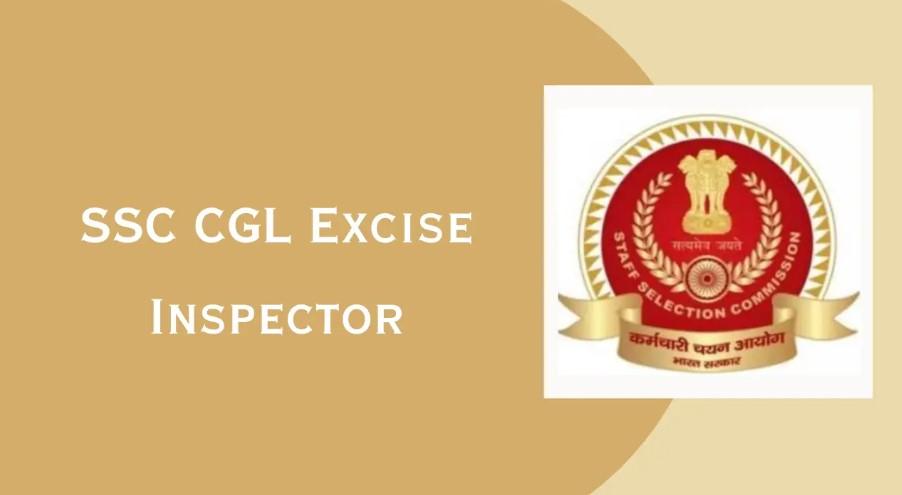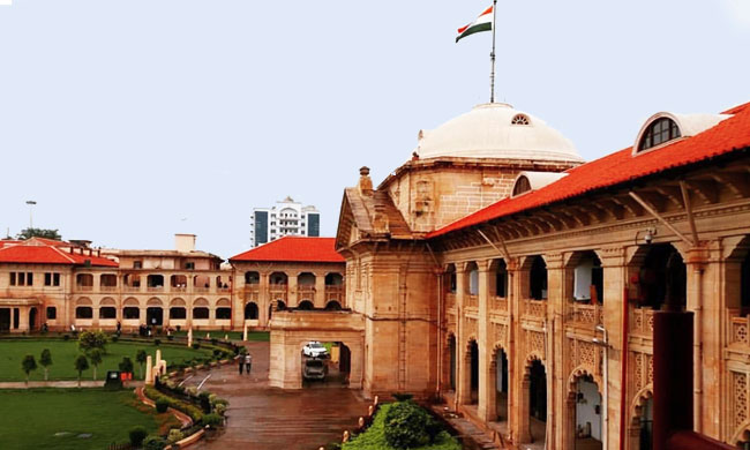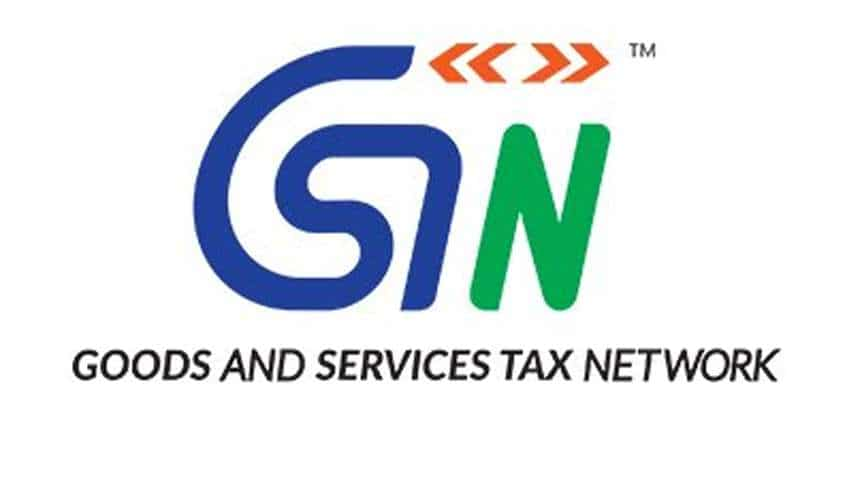FAQs regarding the Haryana One Time Settlement Scheme for the Recovery of outstanding dues, 2023.

Ql : Who can opt for the Haryana One Time Settlement Scheme for the Recovery of Outstanding Dues, 2023 (OTS Scheme)?
Ans : Any assessee or any person who is liable to pay outstanding dues whether registered or not under any of the relevant Act(s) as defined in the Haryana Settlement of Outstanding Dues Act, 2017 can opt the OTS. [Clause 2(b)]
Q2 : Who is not eligible to opt for the Scheme ?
Ans : Any applicant against whom criminal proceedings have been initiated for any reason( s )under the Relevant Acts and where the demand relates to erroneous refund( s) under the Relevant Act. [Clause 13]
Q3 : Whether a person is bound to opt for the OTS Scheme under all the Relevant Acts? Ans: No, a person may opt for OTS Scheme under all the relevant acts or any of the Relevant Act. [Clause 3(2)]
Q4 : What is the meaning of ‘relevant Act’ under the OTS Scheme?
Ans: As per the OTS Scheme 2023, the term ‘Relevant Act’ means: [Clause 3(1)]
i) The Haryana Value Added Tax Act, 2003 (Haryana Act 6 of 2003)
ii) The Central Sales Tax Act, 1956 (Central Act 74 of 1956)
- The Haryana Local Area Development Tax Act, 2000 (Haryana Act 13 of 2000)
- The Haryana Tax on Entry of Goods in to Local Areas Act, 2008 (Haryana Act 8
of 2008)
- The Haryana Tax on Luxuries Act, 2007 (Haryana Act 23 of 2007)
vi) The Punjab Entertainment Duty Act, 1955 (Punjab Act 16 of 1955).
vii) The Haryana General Sales Tax Act, 1973 (Haryana Act 20 of 1973)
QS : What is the meaning of term ‘outstanding dues’ under the OTS Scheme ?
Ans : The term ‘outstanding dues’ has been defined in Section 2(ii) of the Haryana Settlement of Outstanding Dues Act, 2017 as under :-
“Outstanding Dues” means any tax, interest, penalty or any other dues under any of the Relevant Act, unpaid by a person, whether quantified or not, for the period upto 30th June, 2017.”.
Q6 : Can an applicant apply for the OTS Scheme offline?
Ans : No. The applicant can only apply for the OTS Scheme through online mode by logging into the website www.haryanatax.gov.in by following the procedure prescribed under the Scheme.
Q7 : How to apply for the OTS Scheme?
Ans : An applicant opting for settlement of outstanding dues under this Scheme shall apply online in FORM OTS-1 along with proof of payment of the settlement amount or the first installment, whichever is applicable. [Clause 5(2)]
Q8 : Whether separate applications are to be submitted for settlement of outstanding dues
under different relevant acts?
Ans : Yes, a separate application is required to be submitted by the applicant for each Relevant Act. Not only this, a separate application will be required to be submitted for each assessment year under each Relevant Act in Form OTS-1 for which the applicant intends to settle his outstanding dues. It means that a separate application for each Relevant Act, and separate application for each assessment year under one Relevant Act will be required to be submitted by the applicant. [ Clause 3 ( 4)]

Q9: What is period for opting for the OTS Scheme?
Ans: The applicant may opt for the scheme within ninety days from the appointed day i.e. the date on which the provisions of this scheme shall come into force. [Clause 5(1)]
QlO: What are the benefits of this OTS Scheme?
Ans: Interest and penalty has been completely waived off and the applicant is required to pay only prescribed percentage of tax as per the Schedule-I of the OTS Scheme which is mentioned as under:
(i) Admitted Tax : 100%
(“admitted tax” means any amount of tax as admitted in return but not paid or short paid)
(ii) Disputed Tax : 30% in case of tax amount equal to or less than Rs.50 lacs and 50% in all other cases.
(“disputed tax” means any amount of tax other than admitted tax, differential tax or undisputed tax)
(iii) Undisputed Tax : 40% in case of tax amount less than or equal to Rs.50 lacs and 60% in all other cases.
(“undisputed tax” means any amount of tax, other than the admitted tax or differential tax, as quantified by the taxing authority wherein no appeal is pending on the appointed day in relation to such amount before the appellate authority under the relevant Act, High Court or Supreme Court)
(iv) Differential Tax : 30%
(“differential tax” means the difference between the full rate of tax applicable under the relevant Act and the concessional rate applicable on submission of declaration forms as specified as Form ‘C’ and ‘F’ under rule 12 of the Central Sales Tax Rules, 1957).
Qll: Whether the applicant is required to pay full amount of outstanding dues at the time of applying for the OTS Scheme?
Ans: No, The applicant may opt to make payment for settlement of his outstanding dues in lumpsum or in installments as per the option available in Schedule-II of the OTS Scheme.
Q12: What will be the fate of the application in case the applicant fails to make the payment within the period prescribed under the Scheme?
Ans: If payment is not made within the period prescribed under the Scheme, the amount paid if any by the applicant shall be adjusted against his liabilities under the Relevant Act and such amount shall not be refunded in any case. It will be presumed that the applicant has never made any application. [Clause 4(4)]
Q13: Under which Treasury Head the settlement amount is to be deposited by the applicant opting for the Scheme?
Ans: The amount is to be deposited under the Treasury Head of the Relevant Act as mentioned below:
| S.No. | Name of the Relevant Act | Treasury Head |
| 1 | The Haryana Value Added Tax Act, 2003 | 0040-51-102-99-51 |
| 2 | The Central Sales Tax Act, 1956 | 0040-51-101-99-51 |
| 3 | The Haryana Local Area Development Tax Act, 2000 | 0042-51-106-51-51 |
| 4 | The Haryana Tax on Entry of Goods into Local Areas Act, 2008 | 0042-51-106-51-51 |
| 5 | The Haryana Tax on Luxuries Act, 2007 | 0045-51-105-51-51 |
| 6 | The Punjab Entertainment Duty Act, 1955 | 0045-51-111-98-5 l |
| 7 | The Haryana General Sales Tax Act, 1973 | 0040-51-102-99-51 |
Q14: What kind of order will be issued by the Department to the applicant opting for the Scheme for settlement of outstanding dues?
Ans: As per Clause 6 of the OTS Scheme, the Jurisdictional Authority i.e. Excise & Taxation Officer of the concerned jurisdictional ward shall issue an order of settlement or order of rejection to the applicant.
Q15: What are the benefits in case the applicant gets the final order of settlement?
Ans: The applicant shall not be liable to pay any further tax, interest, or penalty with respect to the matter and time period covered in the final order of settlement and not be prosecuted under the Relevant Act with respect to the matter and time period covered in the order. Further, all the matters and time period covered by such order shall not be re-opened in any other proceedings under the Relevant Act. [Clause 8]
Q16: Are the person whose dues are outstanding under the relevant acts and against whom recovery proceedings have been initiated by the jurisdictional authority under HGST Act, 2017 eligible to opt for OTS Scheme?
Ans: Yes. The applicants against whom the jurisdictional authority has initiated recovery proceedings by way of uploading FORM GST DRC-07 A 2017 are also eligible to take benefit of the scheme. [Clause 7]

Ql 7: Whether any payment made before the appointed day will be adjusted under the Scheme?
Ans: No. Any amount of tax, interest or penalty or any other sum paid by the applicant before the appointed day shall not be adjusted or refunded under the scheme. [Clause 9]
Q18: Can a person or assessee whose appeal is pending before the appellate authority under the Relevant Act, High Court, or Supreme Court apply for the Scheme?
Ans: Yes. A person or assessee whose appeal is pending before the appellate authority under the Relevant Act, High Court, or Supreme Court can apply for the Scheme provided he shall withdraw the appeal fully and un-conditionally within 180 days from provisional order OTS 4A and submit the proof of such withdrawal of appeal before the jurisdictional authority. [Clause 6(h)]
Q19: What should be the proof of withdrawal of appeal to be submitted by a person or assessee before the jurisdictional authority?
Ans: The order of Appellate Authority under the relevant act or order of High Court or Supreme Court regarding withdrawal of appeal by an applicant will be treated as a proof of withdrawal of appeal.
Q20: Whether the outstanding dues can be paid through utilization of Input Tax Credit? Ans: Any amount paid under the Scheme shall neither be paid through Input tax nor shall be allowed to be claimed as Input tax by any person under the Relevant Act or any other Act. [Clause 14]
Q21: Can the final orders passed by the jurisdictional authority under the Scheme be challenged?
Ans: No appeal shall lie before any Appellate Authority under the Relevant Act, High court or Supreme Court against the final orders passed by the jurisdictional authority under the Scheme. [Clause 15]
Q22: Who is the competent authority for removal of any doubt or any difficulty under the Scheme?
Ans: In case of any doubt arising out of the Scheme, the decision of the Excise and Taxation Commissioner, Haryana shall be final. [Clause 12]
If any difficulty arises in giving effect to any provision of this scheme, the government has power to remove the said difficulty by a general or a specific order. (Clause-11)
Q23: Who is the competent authority for extension of time period of the OTS Scheme?
Ans: As per the clause 5(1) of the OTS scheme, an applicant may opt for the scheme within ninety days from the appointed day. However, the government either on its own motion or on
representation from stakeholders may extent the time period for availing the benefit of the scheme. [Clause 16(1)]
Q24: Who is the competent authority to extend time period for issuance of any notice or any order under the OTS scheme?
Ans: Joint Excise & Taxation Commissioner (Range) on case to case basis may extend time period for issuance of notice/order by the DETC or by the Jurisdictional Authority for a period of not more than thirty days. [Clause 16(2)]
Q25: Is there any provision for rectification of order or notice under the OTS Scheme?
Ans: Yes. Under the provision of the OTS scheme, only the final order of acceptance or rejection of the application may be rectified. The Jurisdictional Authority may either on his own motion or on the request of the effected person may rectify the final order within a period of thirty days of the issuance of final order with the approval of the DETC concerned. [Clause 1 OJ

Q26: What kind of error may be rectified by the Jurisdictional Authority?
Ans: Only error which is apparent on the face of record may be rectified. The Jurisdictional Authority, at any time within a period of thirty days of the issuance of final order passed by it, may rectify such error apparent on the face of the record in such order.













